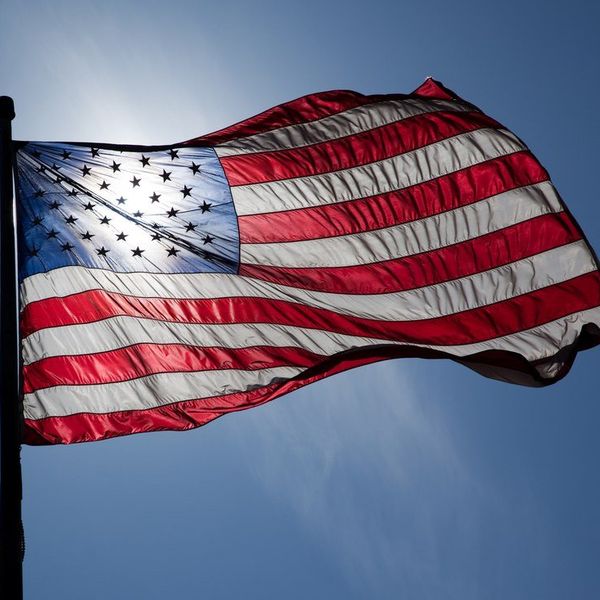I was on a road trip with my parents and sister when I was 12. We were probably on day 4 when we were far enough into the trip to be on our own nerves and to make matters worse, we were pulled over in the middle of the night. No one else was on the road and we were all exhausted, so naturally, there was silence; No one was talking, but a faint voice echoed throughout the car as my sister was listening to Lil Wayne's 3 Peat from his 2008 Tha Carter III. Yes…. it's been that long.
I remember this music being banned in my household. Can you relate? I specifically remember being subject to endless playlists of Bruce Springsteen and Ryan Adams. Music which was on the opposite side of the spectrum from Lil Wayne or Kanye.
Blasting through her headphones was Wayne's first verse on the song, which triggered a reaction. It triggered our family's battle against rap music. A fight, that I assume, takes place in most white, middle- class suburban households, and in this case, with good reason as my parents were exposed to the worst that rap and hip- hop culture has to offer. It was a concoction of murderous language, sprinkled with cursing, backed by a track that was foreign to ears conditioned by rock drums and electric guitars. It was everything a 13-year-old in junior high SHOULDN'T be listening to… Or was it?
I don't blame my parents for shutting down my sister's music operation. They were protecting her from what they understood, but rap music goes much deeper than the "unnecessary language, sex, guns, drugs, and violence."
Rap captures moments. It paints the picture of a lived experience that goes beyond the complex words which are woven together through the analysis of tempo and rhythm. Its pieced together through syllables and rhymes and is produced through the convoluted systems that dictate how and where people live. The way it's made is as complicated as its history, and the thought that goes into each verse runs deeper than the thinking behind the laws that catalyzed its birth.
Rap music is the voice of people, but more specifically, it speaks for those who don't have representation; Those who have been left behind or forgotten. It has and still does, provides listeners with a commentary on issues in politics and policy, race and class struggles, and even sexuality, but it also serves as therapy while reminding its audience to live life to the fullest.
I have learned so much from rap music.
As a white kid growing up in the suburbs of Los Angeles, I was protected. My city, Rancho Cucamonga, was a safe place removed from the violence and drug trafficking associated with South- Central LA: A place a person like myself has no business stepping foot in. A place where you can be gunned down for wearing the wrong color, but its also a place that holds a deep connection with its furious culture. It's a place whose style writes a narrative about decades of discrimination.
West Coast rap tells the dark story of Los Angeles dating back to the Watts Riots in 1965. It transcends generations touching on Rodney King, The LA Riots, police brutality, black nationalism, and the LAPD's tactics of containment and suppression. The music is a history lesson far removed from the 2-week long span of black history taught in high schools. Instead, it's the whole ugly truth that our policymakers do not want our children to learn about.
Finally, it's a window into an experience that I will never fully understand. It's about as close to America's Minority lifestyle as anyone white person can get. I can listen to as much rap as possible, but I will never truly have the ability to empathize with the experience. Instead, I can take the history, the lyrics, the anger, the violence, the rhythm, the call for change, the call for peace, the call for happiness…. The culture, into consideration, and I can work to make this country a better place for every individual to live in.
My parents had every right to keep us from listening to rap music. Again, it's a furious genre of music littered with violence and dark imagery. In a sense, I'm thankful it was restricted for a couple of reasons:
I did not have the education to interpret the lyrics until I was a senior in high school, and their restriction inspired a rebellion that unlocked access to a whole experience
To the parents who are actively fighting the war on rap:
Learn the history, learn which artists have the best intentions, and have a conversation with your kids. Let them listen to the stories that are pushed into the shadows of history. Your child's perspective will change if done correctly.



















